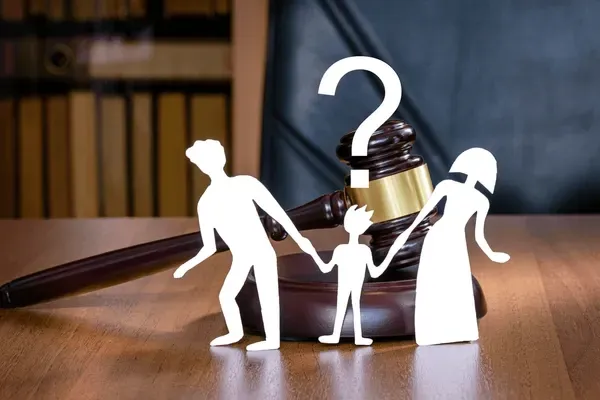How are 529 Plans Handled in Divorce?
A 529 Plan, which owes its name to Section 529 of the Internal Revenue Code, is a tax-advantaged savings account that is designed to be used for the education expenses of the beneficiary. It is very common that parents create such an account to save for their child’s college education. So, what happens to such an account when the parents decide to divorce?
529 Plans, like other savings and investment accounts, are property. As such, in North Carolina, 529 Plans are dealt with during equitable distribution proceedings. During such a proceeding, the court will classify the parties’ property as one of three categories – marital, divisible, and separate – and then distribute the marital and divisible property among the parties. Thus, the treatment of the 529 Plan will depend upon how the plan is classified.
N.C. Gen. Stat. 50-20 defines marital, separate, and divisible property as follows:
Marital Property: “all real and personal property acquired by either spouse or both spouses during the course of the marriage and before the date of the separation of the parties, and presently owned, except property determined to be separate property or divisible property.”
Separate Property: “all real and personal property acquired by a spouse before marriage or acquired by a spouse by devise, descent, or gift during the course of the marriage. However, property acquired by gift from the other spouse during the course of the marriage shall be considered separate property only if such an intention is stated in the conveyance. Property acquired in exchange for separate property shall remain separate property regardless of whether the title is in the name of the husband or wife or both and shall not be considered to be marital property unless a contrary intention is expressly stated in the conveyance. The increase in value of separate property and the income derived from separate property shall be considered separate property. All professional licenses and business licenses which would terminate on transfer shall be considered separate property.”
Divisible Property: “all real and personal property as set forth below:
- All appreciation and diminution in value of marital property and divisible property of the parties occurring after the date of separation and prior to the date of distribution, except that appreciation or diminution in value which is the result of postseparation actions or activities of a spouse shall not be treated as divisible property.
- All property, property rights, or any portion thereof received after the date of separation but before the date of distribution that was acquired as a result of the efforts of either spouse during the marriage and before the date of separation, including, but not limited to, commissions, bonuses, and contractual rights.
- Passive income from marital property received after the date of separation, including, but not limited to, interest and dividends.
- Passive increases and passive decreases in marital debt and financing charges and interest related to marital debt.”
Given these definitions, the classification and distribution of a 529 Plan will depend upon how and when it is created and funded. What is most important to note is that the court will not award the 529 Plan to the child, as the child is not a party to their parents’ divorce. Further, while the court may consider the purpose of the 529 Plan when making an “equitable” distribution of the parties’ property, the court will not totally disregard the value of the 529 Plan when distributing property among the parties simply because it is intended for the benefit of their child. However, the parties may take such considerations into account when negotiating a potential settlement between one another.
If you are considering divorce or engaged in, or anticipate being engaged in, an equitable distribution proceeding, call our office today to schedule a consultation with an experienced family law attorney.











